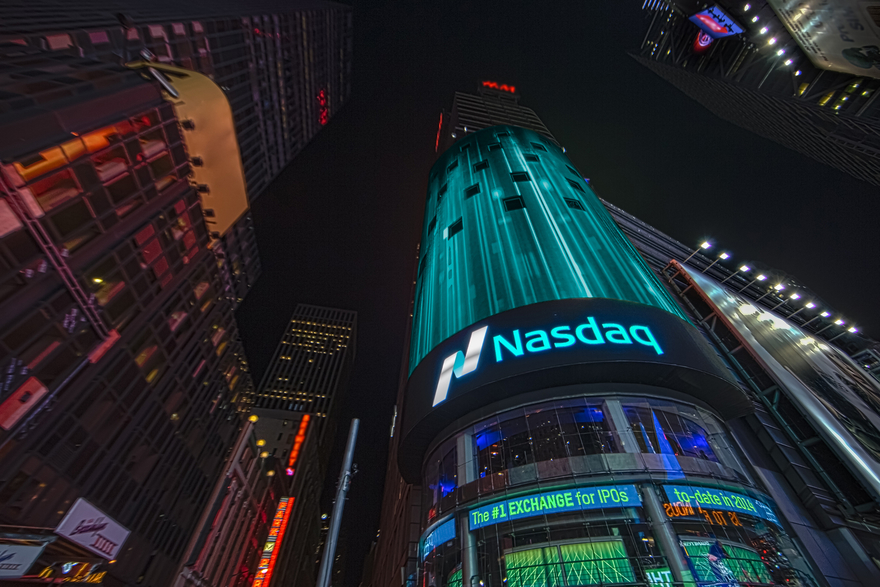AI drug discovery biotech AbCellera eyes record IPO

AbCellera Biologics has been in the spotlight since coming up with Eli Lilly’s COVID-19 antibody drug bamlanivimab, and looks set to capitalise on that exposure with a sizeable initial public offering.
The Vancouver, Canada-headquartered biotech – which has been bankrolled in part by billionaire entrepreneur and venture capitalist Peter Thiel – plans to offer 23 million shares at a price of between $14 and 17%, which could raise $380 to $390 million.
If that target is hit it will be record for a Canadian biotech, overtaking the $253 million raised by Repare Therapeutics in the summer, and could value the company at up to $4.5 billion.
The company says in its IPO prospectus that it plans to list its shares on the Nasdaq Global Market under the ABCL ticker.
AbCellera is a specialist in applying artificial intelligence to drug discovery, specifically to sift through immune system data to find antibodies that can be developed as drugs. Its approach involves licensing rights to the antibodies to other pharma companies, rather than bringing its own candidates through development.
That has resulted in 26 partnerships, but the poster child of AbCellera’s portfolio is its alliance with Lilly for bamlanivimab (LY-CoV555), which was approved by the FDA and Canadian regulator for emergency use as treatment for mild-to-moderate COVID-19 patients last month.
The antibody can be given to adults and children who are at high risk of progressing to severe COVID-19 and/or hospitalisation, according to the FDA approval.
Starting from a single blood sample obtained from a recovered COVID-19 patient, AbCellera and Lilly identified the drug candidate within three weeks, and started clinical testing just 90 days after starting the programme.
Bamlanivimab is directed against the spike protein of SARS-CoV-2, designed to block the virus’ attachment and entry into human cells.
In testing, bamlanivimab achieved a 72% reduction in hospitalisation risk compared to placebo in the BLAZE-1 study involving 465 COVID-19 patients. The drug is also being tested in other trials, including a phase 3 study looking at its role in prevention of SARS-CoV-2 infection.
Its Celium platform uses software, AI and visualisation tools to crunch through the massive amount of data generated during an antibody discovery campaign, reducing the time it takes to come up with a lead candidate.
AbCellera was founded in 2012 and posted $28 million in revenue for the 12 months ending 30 September.











